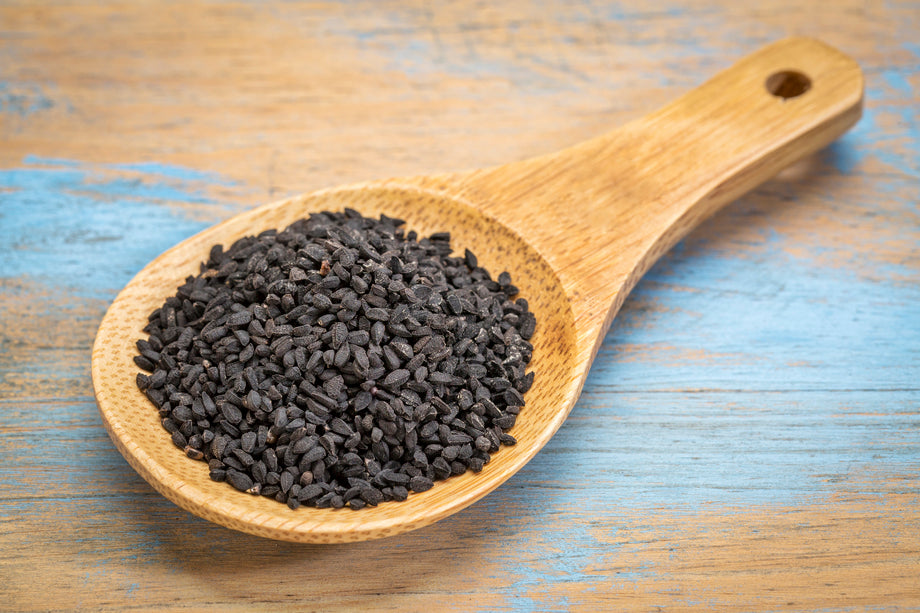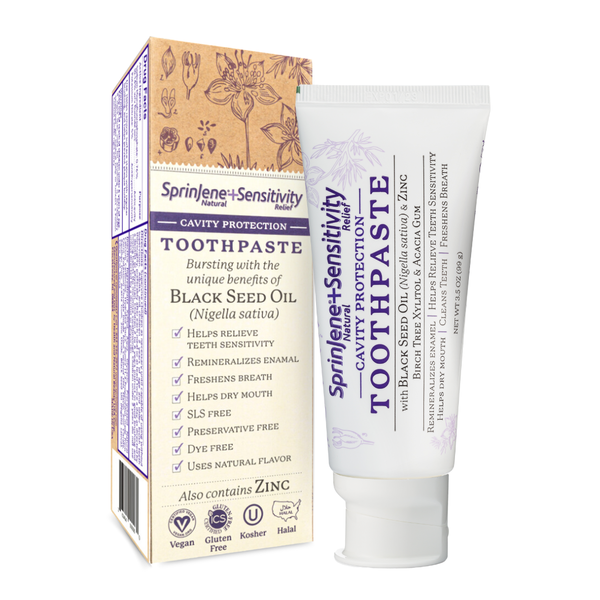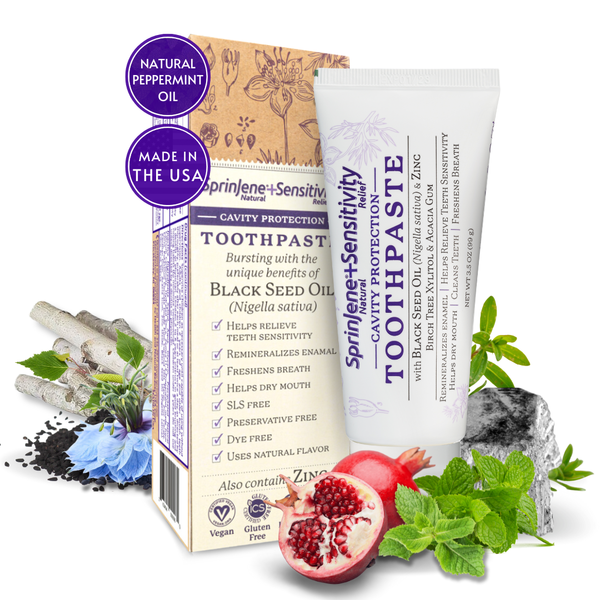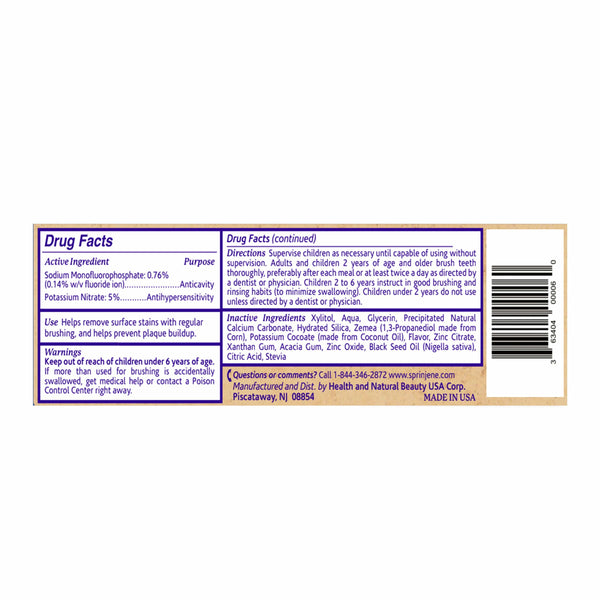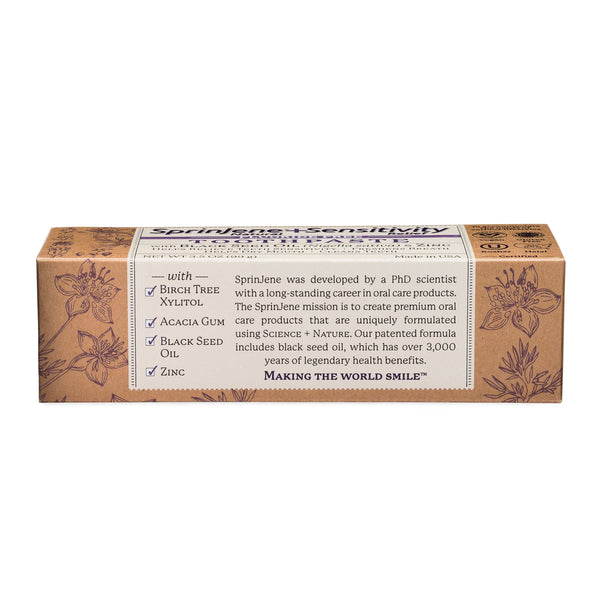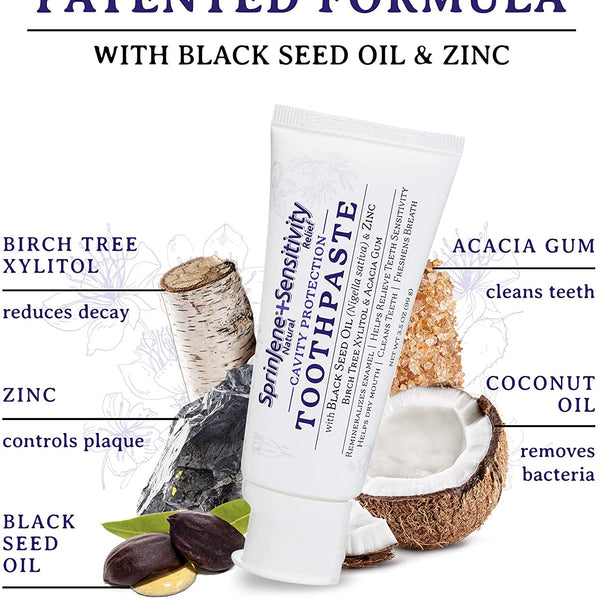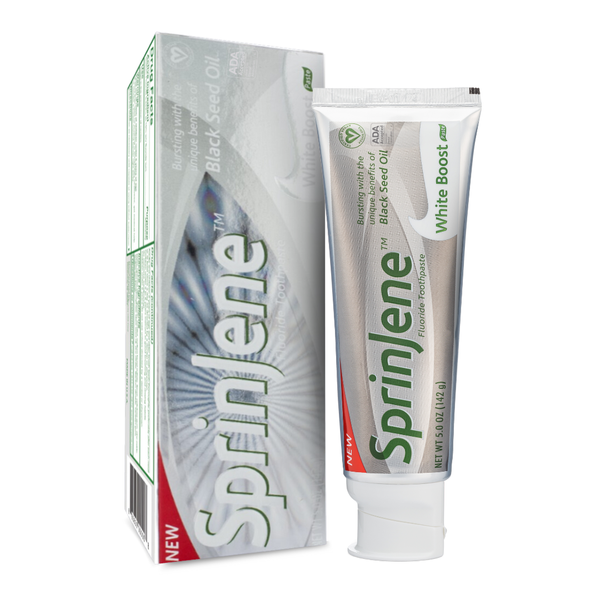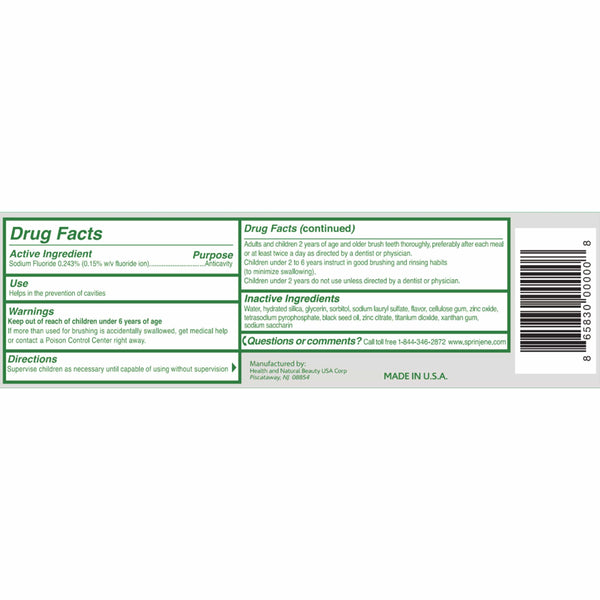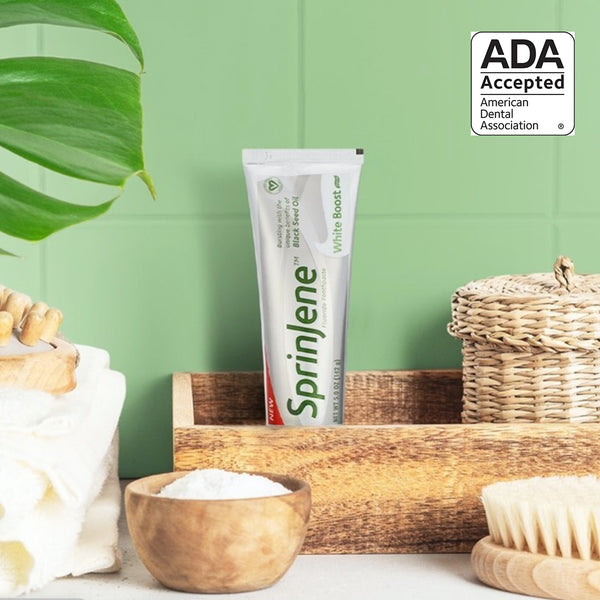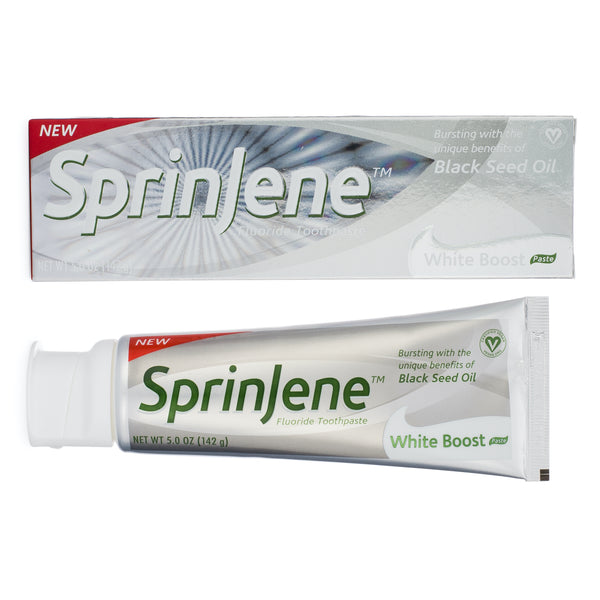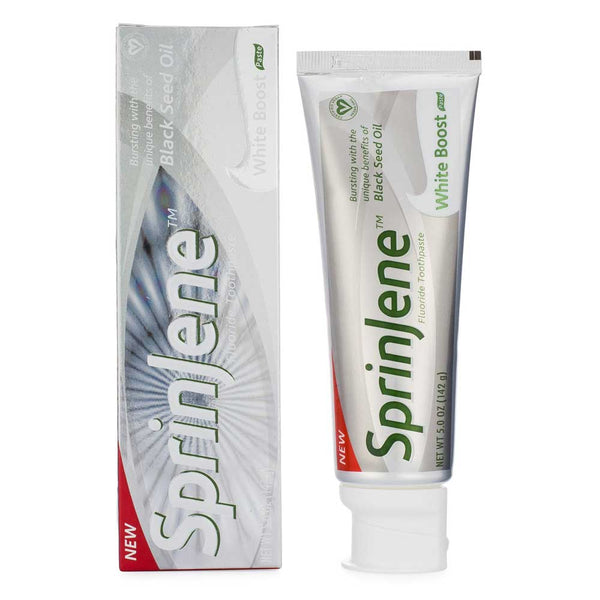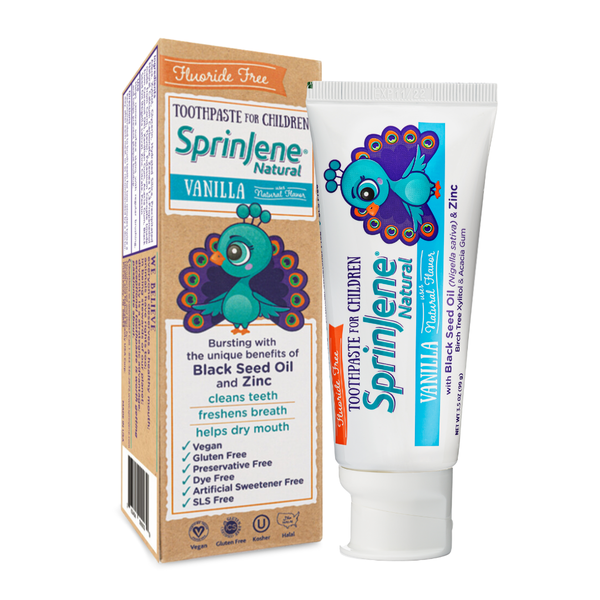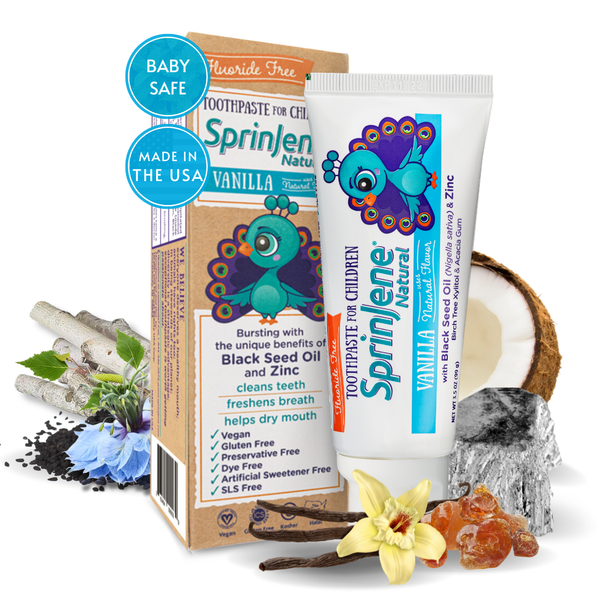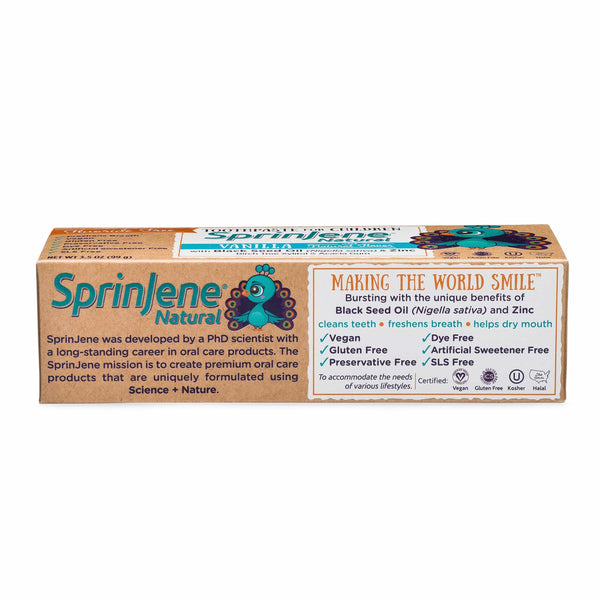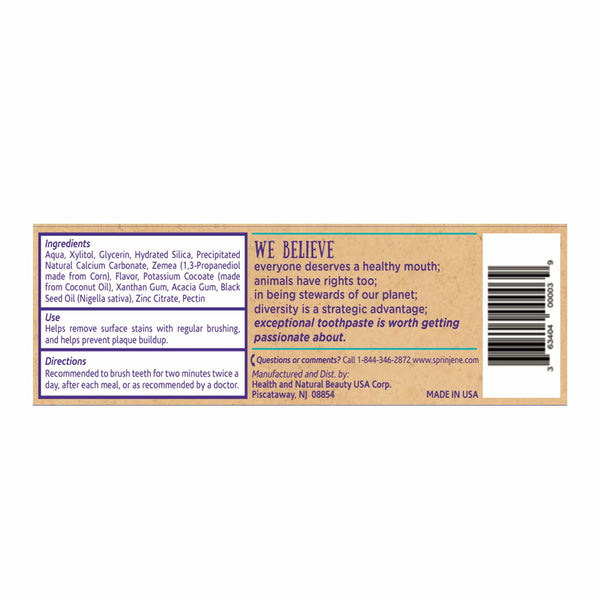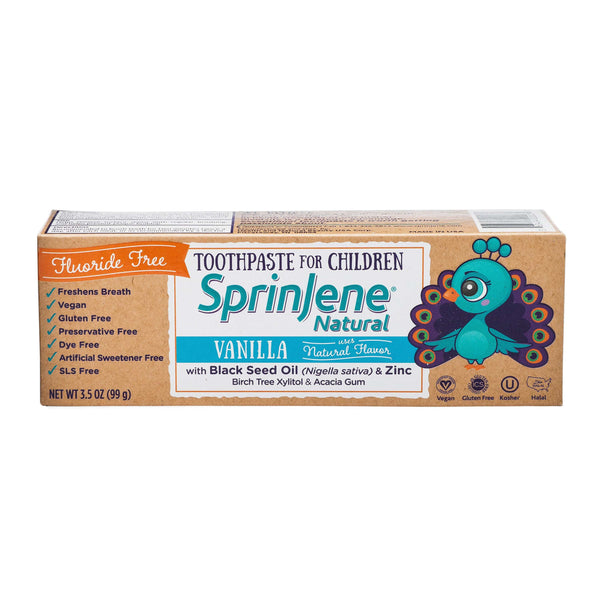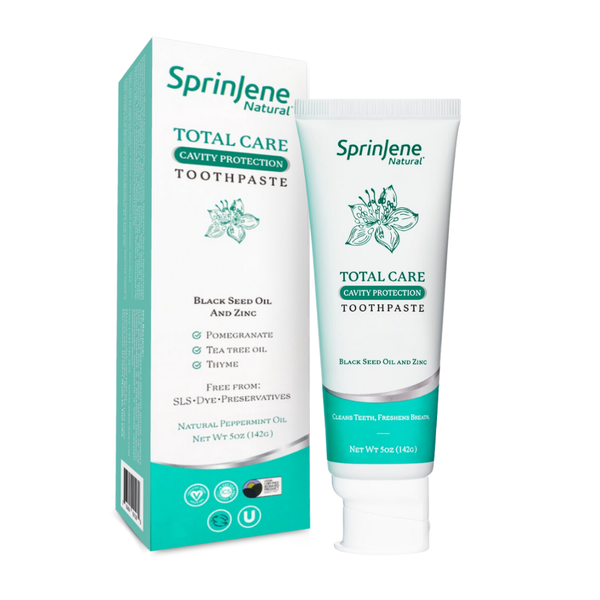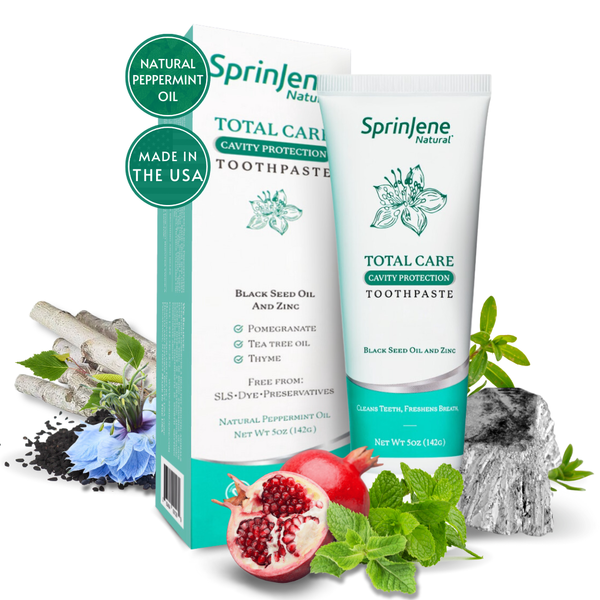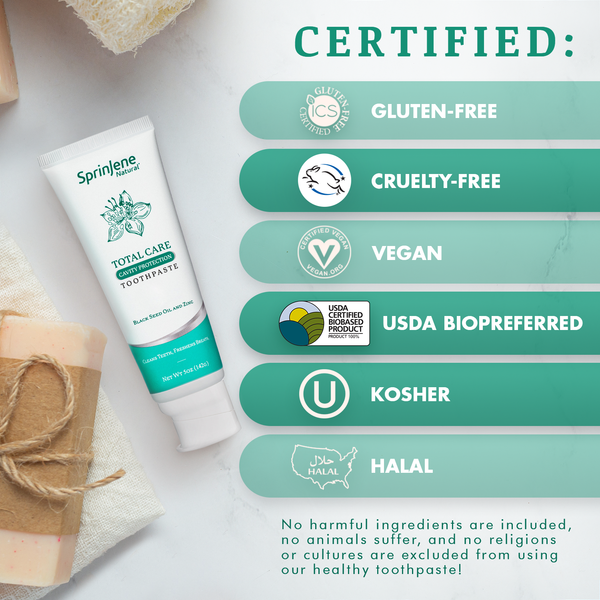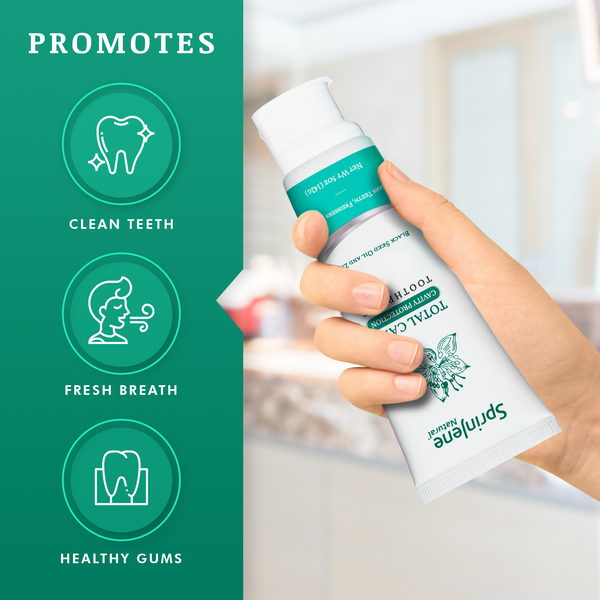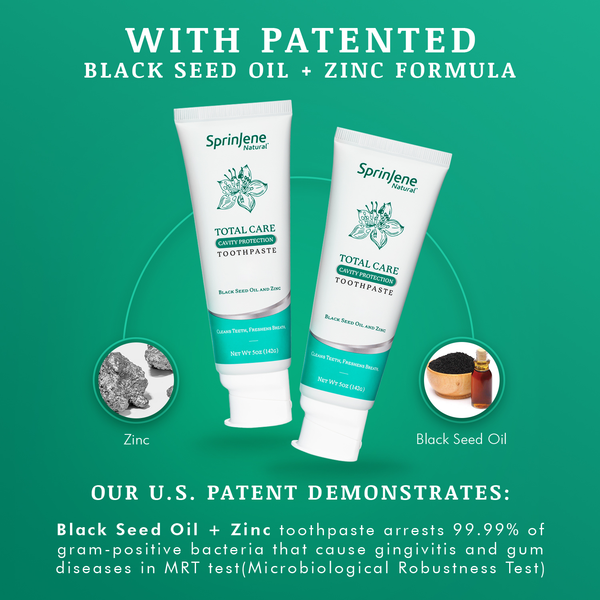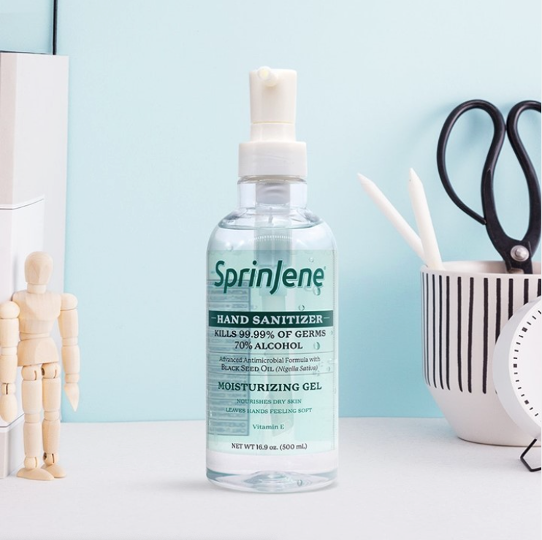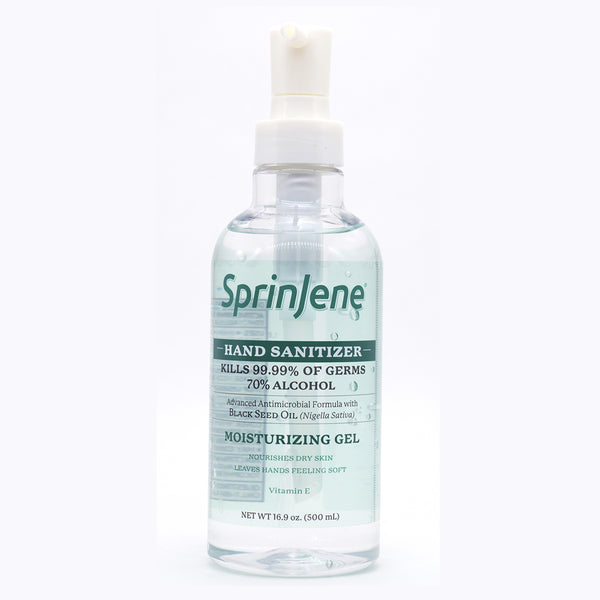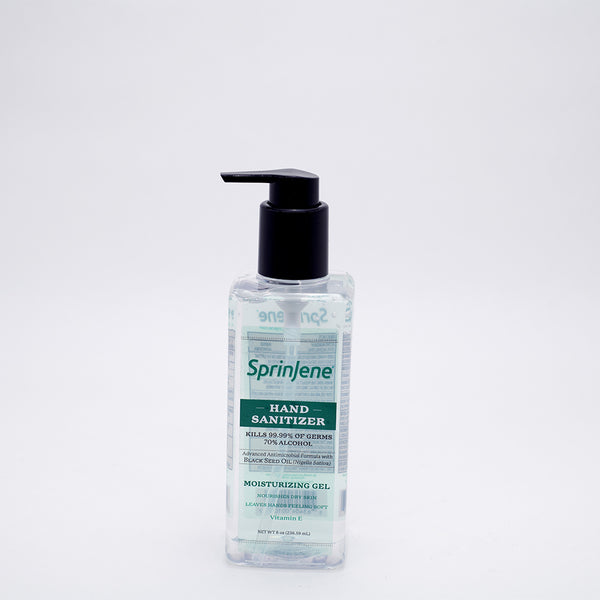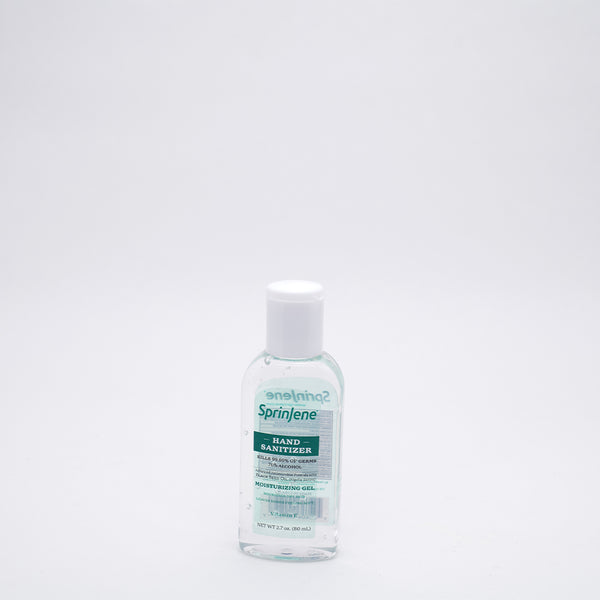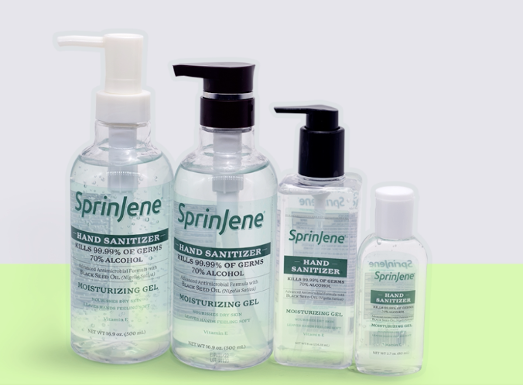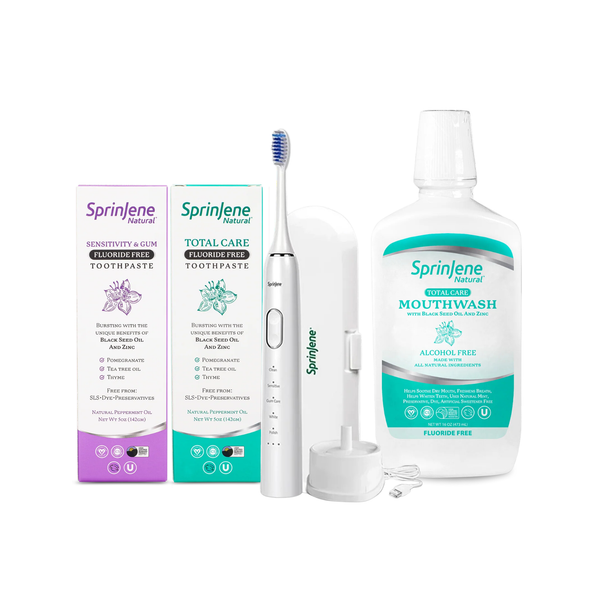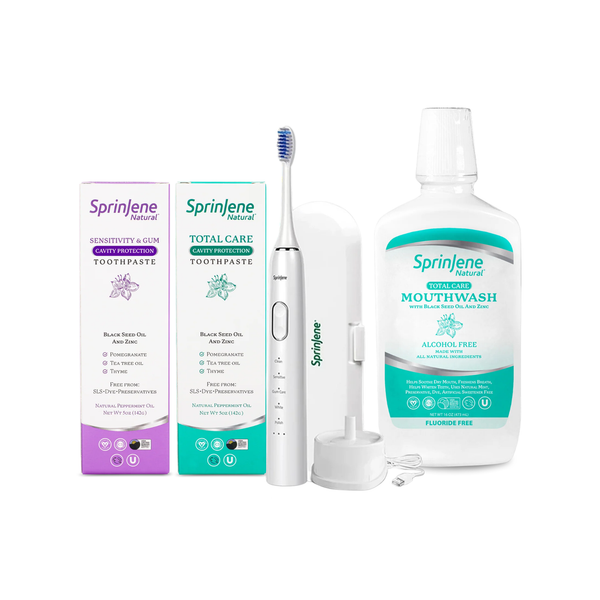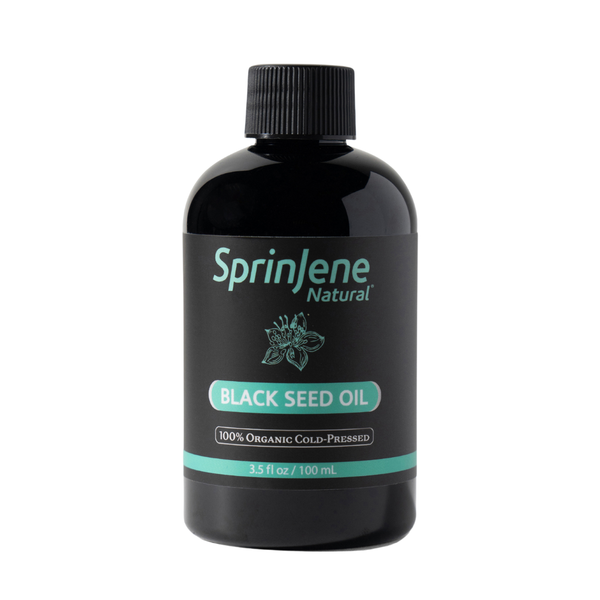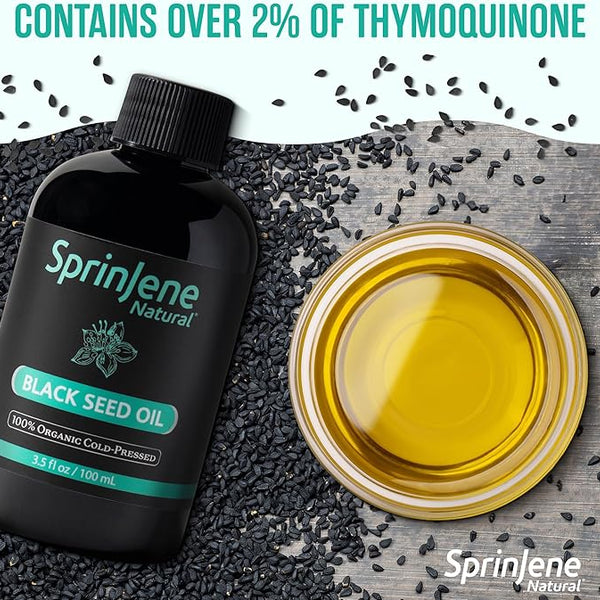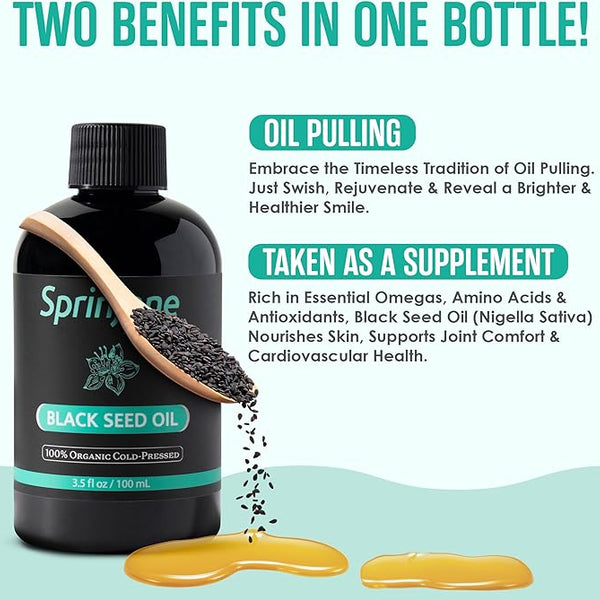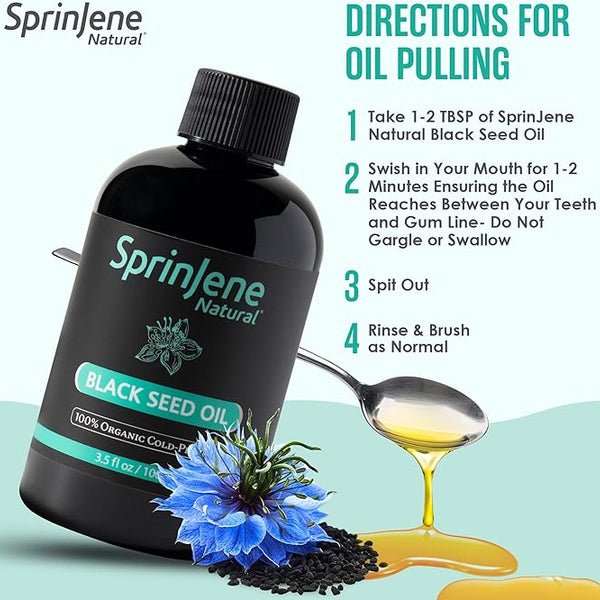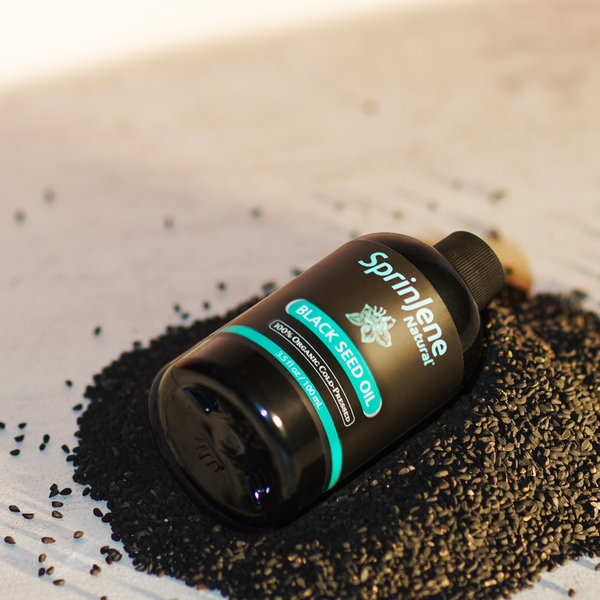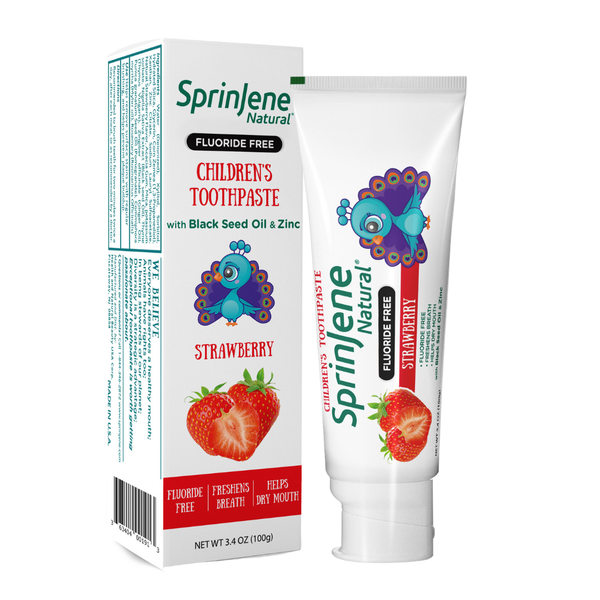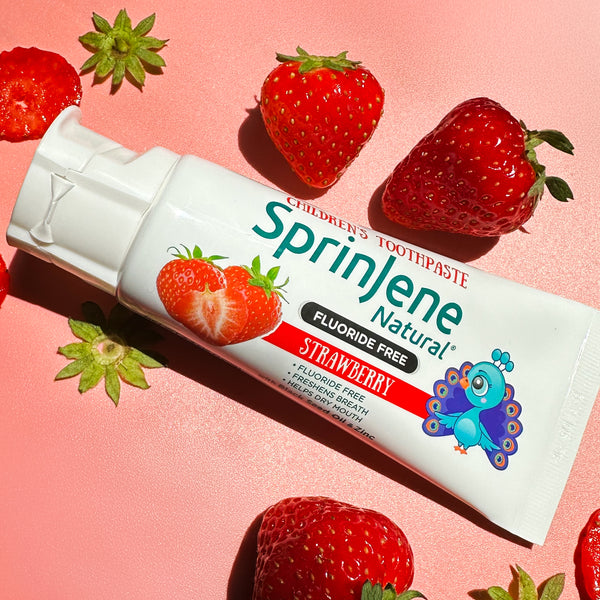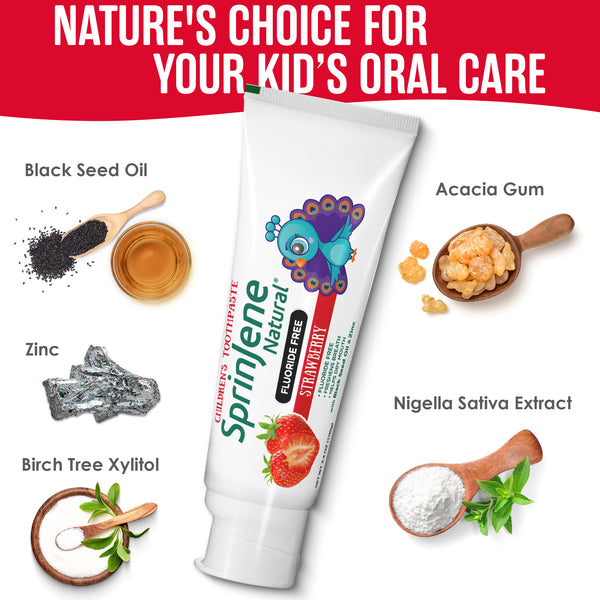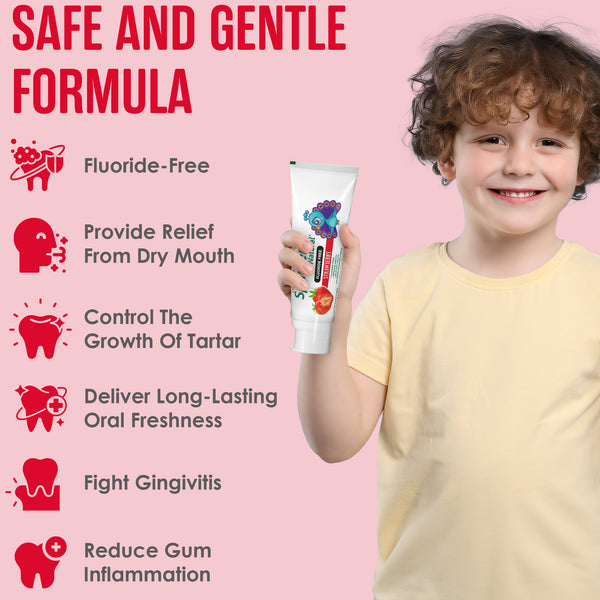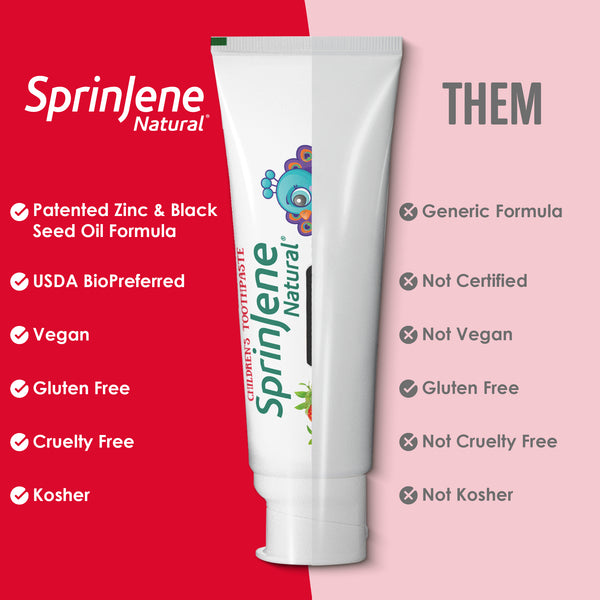
Nowadays, there is a worldwide growing interest in the use of medicinal herbs or plants in the treatment of various diseases due to their promising results and fewer side effects. According to the World Health Organization (WHO), 60-80% of the world’s population particularly in developing countries, depends on herbal remedies or traditional medicine for their primary health care and treatment. One of the top ranked evidence-based herbal medicines, includes Nigella sativa which has been described as the ‘miracle herb of the century’. Nigella sativa is an annual flowering plant also called black cumin, black seed, or Habbatul Barakah is native to the south and southwest Asia, and is cultivated in several countries in the Mediterranean region, South Europe, Syria, Turkey, and Saudi Arabia.
Extensive research has been carried out on the black seed and it has been noted that it has high nutritional content as well as pharmacological benefits. The seeds are rich source of carbohydrates, fats, essential amino acids and vitamins. The most active medicinal component of the seed is thymoquinone which has been seen to have the following medicinal properties and have traditionally been successful in treating the following:
- Anti-microbial(antibacterial, antiviral, antifungal): Used topically and orally as a disinfectant on wounds
- Anti-inflammatory: For rheumatoid arthritis
- Analgesic: As a pain reliever for headaches and tooth aches
- Anti-hypertensive: Lowers cholesterol
- Hypoglycemic: Regulates blood sugar in diabetic patients
- Anti-carcinogenic: prevents proliferation of cancer cells and promotes apoptosis or death of cancer cells
- Antioxidant: Boosts immune system
- Histamine release inhibitor: For treating asthma and respiratory problems
Thymoquinone Benefits in Oral Health Care
Oral health and the integrity of the oral cavity are crucial to the general health of human beings. Many oral diseases can be prevented and for many years, the use of plants, oral health care, and therapeutic practices have been closely related.
Thymoquinone has been documented in numerous scientific papers for its anti-inflammation and anti-bacterial benefits to help maintain healthy gums. It has been shown to lubricate oral surfaces, bringing relief to dry mouth sufferers.
Upon further research, some studies and clinical trials were conducted whose findings have shown how black seed oil has been successful in treating the following dental issues:
- Reduce Dental caries: Dental caries is primarily caused by the breakdown of sugars in to acid in the mouth by a class of bacteria called streptococcus Mutans. It was found that the black seed oil extracts not only had a bactericidal effect against S. mutans but were also seen to inhibit the adherence of S. mutans to the surface of the teeth reducing plaque formation.
- Reduce Periodontal and gingival diseases: shown to have antiplaque activity (results were equivalent to, synergistic with, or even better than the regularly used antibiotics, such as amoxicillin or tetracycline).
- Prevent nerve/pulpal inflammation: when applied directly to the inflamed nerve. Can be used to replace formacresol in pulp capping in pediatric dentistry.
- Accelerate the healing of mouth ulcers and mucositis especially those induced from chemo and radiation therapy
- Expedite bone healing at dental extraction and surgical sites (suitable for all wound healing)
- Improve Osseo-integration of dental implants into bone which is fundamental for the long term success of the implant.
- It has been shown to have a 4-fold potential effect when used with certain antibiotics. This makes Black Seed oil an excellent choice for treating antibiotic-resistant infections.
- Antifungal activity: For treating skin infections caused by candida albicans systemically or topically (recommended to use a carrier oil with it)
Recommendations
Since there has been a great rise in replacing conventional treatments with herbal medicine, black seed oil owing to its immense health benefits and zero side effects, proves to be a popular choice to treat various diseases and conditions. Not only is it widely available but is also relatively cheap and affordable to acquire. Fortunately, lab studies have shown that thymoquinone from black seed extracts showed results which were equivalent to or even better than amoxicillin and tetracycline (widely used antibiotics).
Also, since there has been an alarming rate in antibiotics becoming resistant it is of critical importance that alternate medicine options need to be considered. Incorporation of black seed oil in to our everyday diet as well as in oral hygiene and therapeutic agents should be encouraged as it has shown to have positive long term effects. SprinJene tooth paste takes pride in its 100% natural and organic ingredients which include this miracle seed oil. Therefore, it highly recommended for people who are looking to shift toward healthier living, and especially in patients suffering from the above mentioned diseases and conditions as they can benefit from its non- toxic, natural advantages.
References
- Abd-Awn B, Al-Dhaher Z, Al-Dafaai R. The effect of black seed oil extracts on mutans streptococci in comparison to chlorhexidine gluconate (in vitro) Journal of Baghdad College of Dentistry. 2012;24:126–131. [Google Scholar]
- World Health Organization. Traditional medicine strategy 2002-2005. Geneva (CH): WHO Publications; 2002. pp. 1–6. [Google Scholar]
- Ahmad I, Tripathi J, Sharma M, Karchulli MS, Umer L. Nigella sativa- a medicinal herb with immense therapeutic potential (a systematic review) International Journal of Biological & Pharmaceutical Research. 2014;5:755–762. [Google Scholar]
- Ahmad A, Husain A, Mujeeb M, Khan S, Najmi A, Siddique N, et al. A review on therapeutic potential of Nigella sativa: a miracle herb. Asian Pac J Trop Biomed. 2013;3:337–352. [PMC free article] [PubMed] [Google Scholar]
- Tariq M. Nigella sativafeeds: folklore treatment in modern day medicine. Saudi J Gastroenterol. 2008;14:105–106. [PMC free article] [PubMed] [Google Scholar]
- Shrivastava R, Agrawal R, Parveen Z. A review on therapeutic applications of Nigella Sativa. Journal of Chemistry and Chemical Sciences. 2011;1:241–248. [Google Scholar]
- Gaur S, Shrivastava B, Gaur S, Bhardwaj R, Khanchandani R. Medicinal and therapeutical potential of Nigella sativa. International Journal of Medical and Applied Sciences Research. 2014;1:32–39. [Google Scholar]
- Tembhurne S, Feroz S, More B, Sakarkar D. A review on therapeutic potential of Nigella sativa(kalonji) seeds. Journal of Medicinal Plants Research. 2014;8:167–177. [Google Scholar]
- Shaker A, Al-Wafi H. Benefits of thymoquinone, a Nigella Sativaextract in preventing dental caries initiation and improving gingival health. ProQuest LLC. 2014:72. [Google Scholar]
- Gómez SI, Jaramillo LM, Moreno GC, Roa NS, Rodríguez A. Differential reactivity of salivary IgA and IgG against Streptococcus mutansproteins in humans with different caries experience. Acta Odontol Latinoam. 2015;28:3–12. [PubMed] [Google Scholar]
- Angius F, Madeddu MA, Pompei R. Nutritionally variant streptococci interfere with streptococcus mutansadhesion properties and biofilm formation. New Microbiol. 2015;38:259–266. [PubMed] [Google Scholar]
- World Health Organization. Oral Health Fact Sheet N°318. Geneva (CH): World Health Organization; 2012. [Google Scholar]
- Khalid A, Rehman U, Sethi A, Khilji S, Urooj F, Khan M, et al. Antimicrobial activity analysis of extracts of Acacia modesta, Artimisia absinthium, Nigella sativa and Saussurea lappaagainst Gram positive and Gram negative microorganisms. African Journal of Biotechnology. 2011;10:4574–4580. [Google Scholar]
- Kouidhi B, Zmantar T, Jrah H, Souiden Y, Chaieb K, Mahdouani K, et al. Antibacterial and resistance-modifying activities of thymoquinone against oral pathogens. Ann Clin Microbiol Antimicrob. 2011;10:29. [PMC free article] [PubMed] [Google Scholar]
- Bakathir HA, Abbas NA. Detection of the antibacterial effect of Nigella sativa ground seeds with water. Afr J Tradit Complement Altern Med. 2011;8:159–164. [PMC free article] [PubMed] [Google Scholar]
- Mohammed NA. Effect of Nigella Sativa Lextracts against streptococcus mutans and streptococcus mitis in vitro. Journal of Baghdad College of Dentistry. 2012;24:154–157. [Google Scholar]
- Haas AN, Pannuti CM, Andrade AKP, Escobar EC, Almeida ER, Costa FO, et al. Mouthwashes for the control of supragingival biofilm and gingivitis in orthodontic patients: evidence-based recommendations for clinicians. Braz Oral Res. 2014;28:1–8. [PubMed] [Google Scholar]
- Van Leeuwen MP, Slot DE, Van der Weijden GA. Essential oils compared to chlorhexidine with respect to plaque and parameters of gingival inflammation: a systematic review. J Periodontol. 2011;82:174–194. [PubMed] [Google Scholar]
- Ozdemir H, Kara MI, Erciyas K, Ozer H, Ay S. Preventive effects of thymoquinone in a rat periodontitis model: a morphometric and histopathological study. J Periodontal Res. 2012;47:74–80. [PubMed] [Google Scholar]
- Al-Hijazi AY, Mohammed HS. Evaluation of the effect of Nigella Sativaoil and powder on socket healing process. Journal of Natural Sciences Research. 2013;13:135–141. [Google Scholar]
- Alnajar SSA, Mohammed SA. Mechanical and histological significance of Nigella Sativaoil extract on bone-implant interface. Journal of Baghdad College of Dentistry. 2009;21:39–22. [Google Scholar]
- El-Sweify AA, Hassan MM, Ahmed IH, Basha AA. Comparative study between the effect of calcium hydroxide mixed with Nigella Sativaoil versus bioglass on healing of induced mandibular bone defects in rats. SCVMJ. 2008;13:449–459. [Google Scholar]
- Laysar HA, Niakan M, Taghi GM, Jafarian Z, Mostafavizade M, Niakan S. Comparison of the antibacterial activity of various concentrations of Nigella Sativaand Nanosilver on the growth of S. sanguis and S. mutans. J Res Dent Sci. 2013;9:179–186. [Google Scholar]
- Farah CS, Lynch N, McCullough MJ. Oral fungal infections: an update for the general practitioner. Aust Dent J. 2010;55(Suppl 1):48–54. [PubMed] [Google Scholar]
- Alsaidy D. Isolate, Diagnosis and Treatment of Yeast Candida albicans accompanying the human body. International Journal of Advanced Research. 2014;2:1081–1086. [Google Scholar]
- Kuriakose MA, Sharan R. Oral cancer prevention. Oral Maxillofac Surg Clin North Am. 2006;18:493–511. [PubMed] [Google Scholar]
- Saba NF, Haigentz M, Jr, Vermorken JB, Strojan P, Bossi P, Rinaldo A, et al. Prevention of head and neck squamous cell carcinoma: removing the “chemo” from “chemoprevention” Oral Oncol. 2015;51:112–118. [PubMed] [Google Scholar]
- Abdelfadil E, Cheng YH, Bau DT, Ting WJ, Chen LM, Hsu HH, et al. Thymoquinone induces apoptosis in oral cancer cells through p38beta inhibition. Am J Chin Med. 2013;41:683–696. [PubMed] [Google Scholar]
- Gewirtz DA. Cytoprotective and nonprotective autophagy in cancer therapy. Autophagy. 2013;9:1263–1265. [PubMed] [Google Scholar]
- Bashir MU, Qureshi HJ. Analgesic effect of Nigella sativa seeds extract on experimentally induced pain in albino mice. J Coll Physicians Surg Pak. 2010;20:464–467. [PubMed] [Google Scholar]
- Osman MT, Hamza AJ, Omar E, Adnan A. The new miracle of Habbatus Sauda: its major component thymoquinone can be used in the management of autoimmune diseases. Procedia -Social and Behavioral Sciences. 2014;121:304–314. [Google Scholar]
- Salem ML. Immunomodulatory and therapeutic properties of the Nigella sativa L. seed. Int Immunopharmacol. 2005;5:1749–1770. [PubMed] [Google Scholar]

